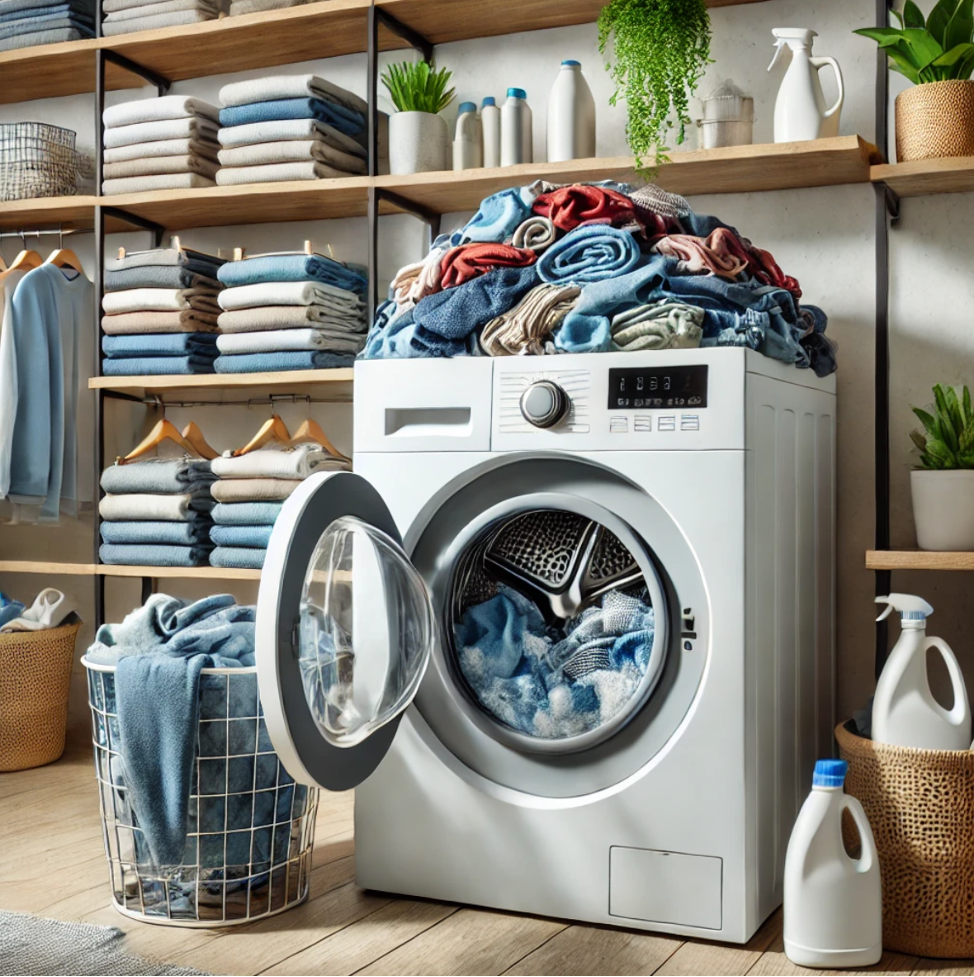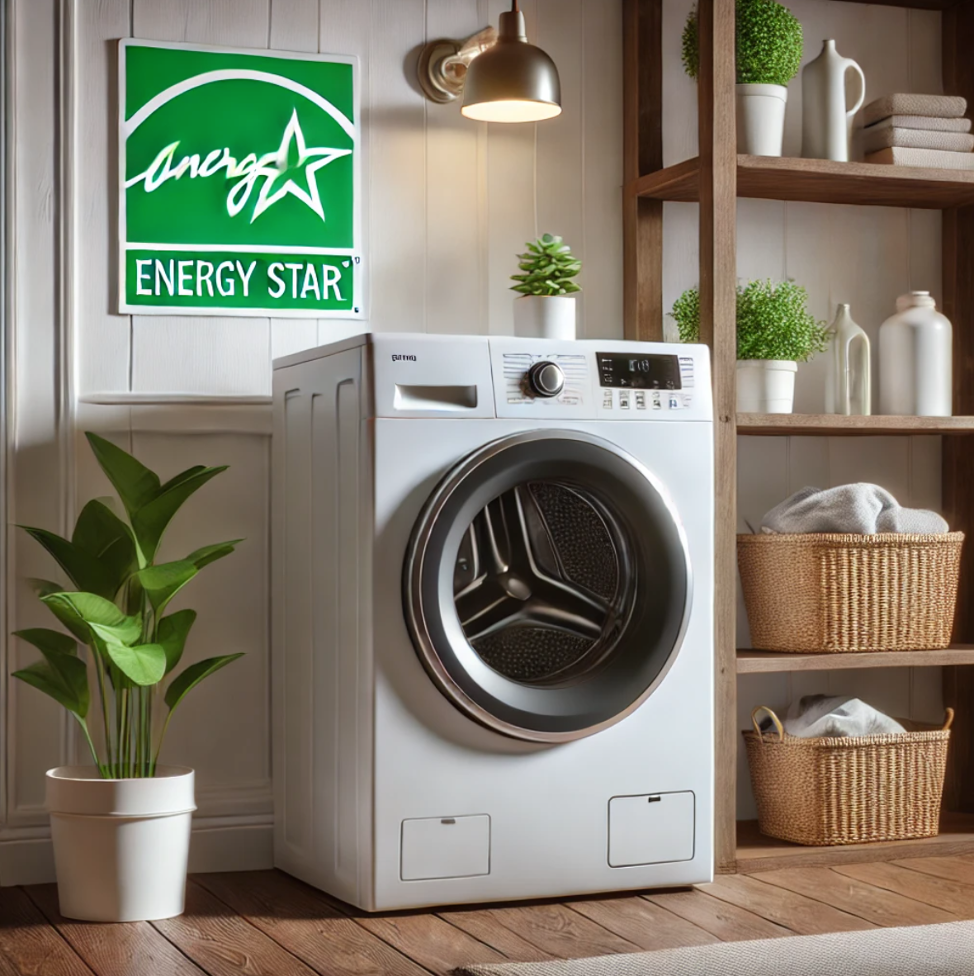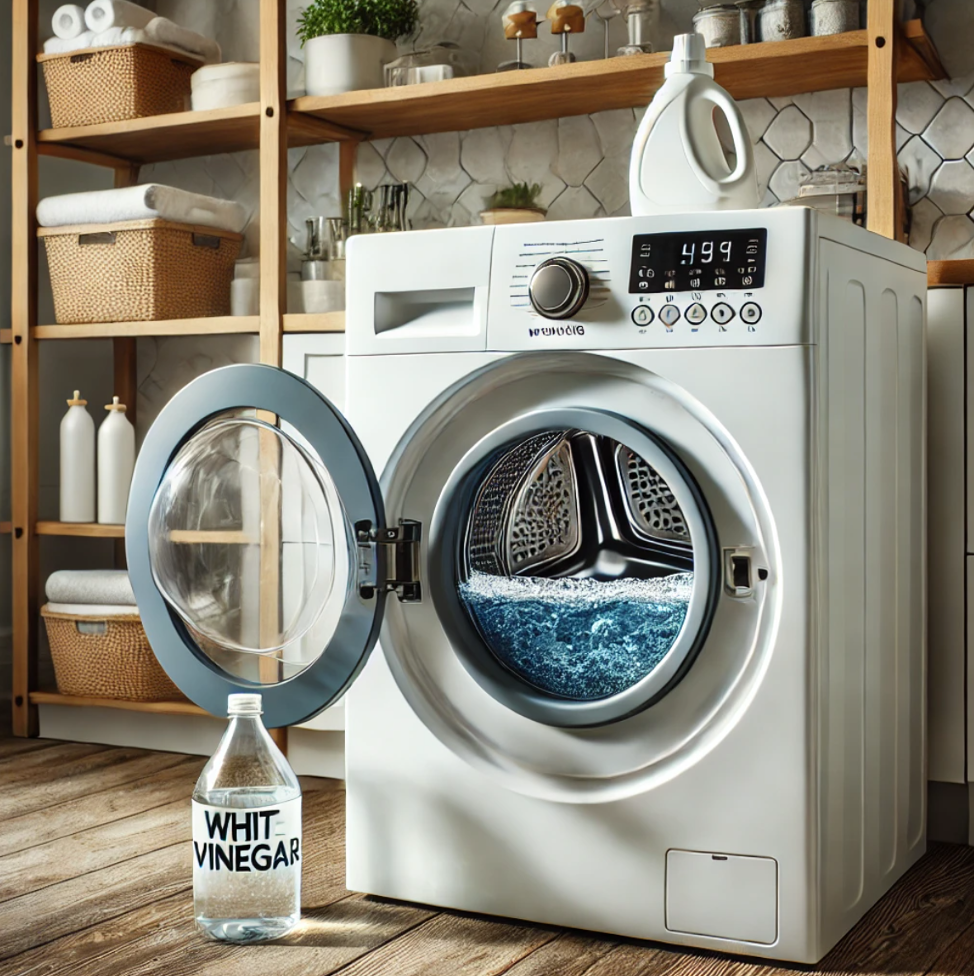Doing laundry is an unavoidable household chore, but it doesn’t have to take a toll on the environment or your wallet. By making a few changes to your laundry routine, you can reduce your carbon footprint and save money. With the rise of sustainable living, eco-friendly laundry practices have become increasingly popular. This expert guide will provide practical tips on how to make your laundry routine more energy-efficient and environmentally conscious, while still achieving fresh, clean clothes.
1. Wash with Cold Water

One of the simplest and most effective ways to reduce energy consumption is to wash your clothes in cold water. Heating water for laundry accounts for up to 90% of the energy used by your washing machine. Switching to cold water not only cuts down on energy usage but also prolongs the life of your clothes, as hot water can cause fabrics to wear out more quickly.
Key Tip: Use cold-water detergents specifically formulated to work effectively in lower temperatures. These detergents help remove stains and dirt just as well as traditional ones.
Benefits: Saves energy, extends the life of your clothes, lowers utility bills.
2. Wash Full Loads

To maximize energy efficiency, always run full loads of laundry. Washing a half-empty machine uses almost the same amount of energy and water as a full load, so it’s best to wait until you have enough clothes to fill the machine. This reduces the number of washes you need to do, cutting back on water and energy consumption.
Key Tip: If you need to wash smaller loads, adjust the water level settings to match the size of the load to avoid wasting water.
Benefits: Reduces water usage, lowers energy consumption, saves time.
3. Air-Dry Your Clothes

Dryers are one of the most energy-intensive appliances in the home. Whenever possible, air-dry your clothes by hanging them on a drying rack or clothesline. Not only does this method save energy, but it also prevents clothes from shrinking or becoming damaged by the heat of the dryer.
Key Tip: If space is limited, use a collapsible drying rack indoors or hang clothes on hangers in your closet to air-dry. For faster drying, place your drying rack near a fan or window to increase airflow.
Benefits: Saves energy, preserves the quality of clothes, reduces utility bills.
4. Use an Energy-Efficient Washing Machine

If your washing machine is old and inefficient, consider upgrading to an Energy Star-certified model. These machines use 25% less energy and 33% less water than standard models, which translates to significant savings over time. Energy-efficient machines also tend to have larger capacities, so you can wash more clothes in fewer loads.
Key Tip: When shopping for a new machine, look for models with an eco-cycle setting that uses less water and energy.
Benefits: Lowers water and energy bills, reduces environmental impact, improves laundry efficiency.
5. Choose Eco-Friendly Detergents

Many conventional laundry detergents contain harsh chemicals that can harm the environment, especially when they end up in our waterways. Switching to eco-friendly detergents that are biodegradable and free of harmful ingredients, such as phosphates and synthetic fragrances, is a simple way to reduce your environmental impact. Look for detergents with natural ingredients and minimal packaging to further minimize waste.
Key Tip: You can even make your own eco-friendly detergent at home using simple ingredients like baking soda, washing soda, and castile soap.
Benefits: Reduces environmental pollution, gentler on clothes and skin, reduces chemical exposure.
6. Use Dryer Balls Instead of Dryer Sheets

Dryer sheets are typically single-use and contain chemicals that aren’t biodegradable. Instead, opt for wool dryer balls, which are reusable and help reduce drying time by separating clothes, allowing more air to circulate in the dryer. They also help reduce static and can soften clothes naturally, without the need for chemical-laden dryer sheets.
Key Tip: To add a pleasant scent to your laundry, add a few drops of essential oil to your dryer balls before tossing them into the dryer.
Benefits: Reduces waste, shortens drying time, eliminates the need for chemical-based products.
7. Wash Clothes Less Frequently

Many items of clothing, such as jeans, sweaters, and jackets, don’t need to be washed after every wear. By wearing clothes multiple times before washing them, you can significantly reduce the amount of laundry you do, saving water, energy, and wear on your garments. This simple habit not only cuts down on your laundry workload but also helps your clothes last longer.
Key Tip: Use a steamer or hang clothes outside for a quick refresh between wears to remove odors and wrinkles.
Benefits: Reduces water and energy use, extends the life of your clothes, lowers laundry workload.
8. Use the Right Amount of Detergent

Using too much detergent can lead to excess suds, which may require extra water and energy to rinse out. Overuse of detergent can also leave residue on your clothes, causing them to feel stiff or sticky. By using only the recommended amount of detergent for each load, you can avoid wasting detergent and water while still achieving clean clothes.
Key Tip: For high-efficiency washing machines, always use HE (high-efficiency) detergents and follow the manufacturer’s instructions for dosage.
Benefits: Reduces detergent waste, saves water, prevents buildup on clothes.
9. Clean Your Washing Machine Regularly

A clean washing machine works more efficiently. Over time, detergent residue, fabric softener, and mineral deposits can build up in your machine, reducing its effectiveness and increasing energy consumption. Regularly cleaning your machine ensures that it runs efficiently, extends its lifespan, and prevents odors from transferring to your clothes.
Key Tip: Run an empty cycle with hot water and white vinegar or a commercial washing machine cleaner once a month to keep your machine in top shape.
Benefits: Improves washing machine efficiency, reduces energy use, prevents odors.
10. Wash on a Shorter Cycle

Most washing machines offer multiple cycle options, and for many loads, a shorter wash cycle is all you need. Shorter cycles use less water and energy, while still cleaning clothes effectively. Unless you’re dealing with heavily soiled items, opt for the shortest cycle available to reduce both your environmental impact and your utility bills.
Key Tip: Pair shorter cycles with cold water for maximum energy savings.
Benefits: Saves water and energy, reduces laundry time, lowers utility costs.
Conclusion
Adopting eco-friendly laundry habits not only helps protect the environment but also saves you money in the long run. From washing with cold water and air-drying your clothes to choosing energy-efficient machines and eco-friendly detergents, these simple changes can make a big difference. By incorporating these tips into your laundry routine, you’ll enjoy fresher, cleaner clothes while reducing your energy consumption and water usage.

